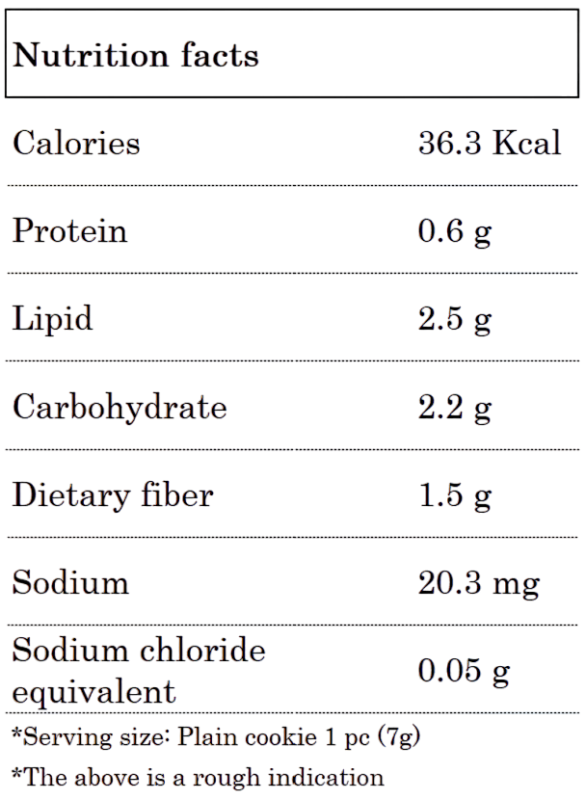Why is it not good to take in too much wheat?
Here are the reasons that have been pointed out:
- As wheat contains gliadin which promotes appetite, you may find it difficult to have the feeling of fullness from eating wheat, which can result in overeating.
- Wheat contains amylopectin which can rapidly increase blood sugar, promote glycation, and thus lead to fat accumulation.
- It can interfere with digestion of carbohydrates and protein.
- It can cause allergic symptoms.
- The intestinal environment can deteriorate.
Is “obesity disease” different from obesity?
Obesity and obesity disease are different. In Japan, a body mass index (BMI) greater than or equal to 25 is defined as obesity. When an obese person has any disease of the 11 health disorders associated with obesity, they are diagnosed with obesity disease. [In most of the world, a BMI of 30 or higher is taken to mean the person is obese, but the criteria for obesity is slightly different in Japan.]
About 20 million people in Japan are estimated to have obesity disease including those who are at risk of it. Also, metabolic syndrome, a group of conditions related to the abdominal (visceral) fat obesity, raises the risk of developing diseases. In research conducted by the Ministry of Health, Labour and Welfare, the number of people who may fall into the category of obesity disease is projected to be more than 3.67 million for men aged 20-39, 12.47 million for men aged 40 and higher, 0.77 million for women aged 20-39 and 6.41 million for women aged 40 and higher.


